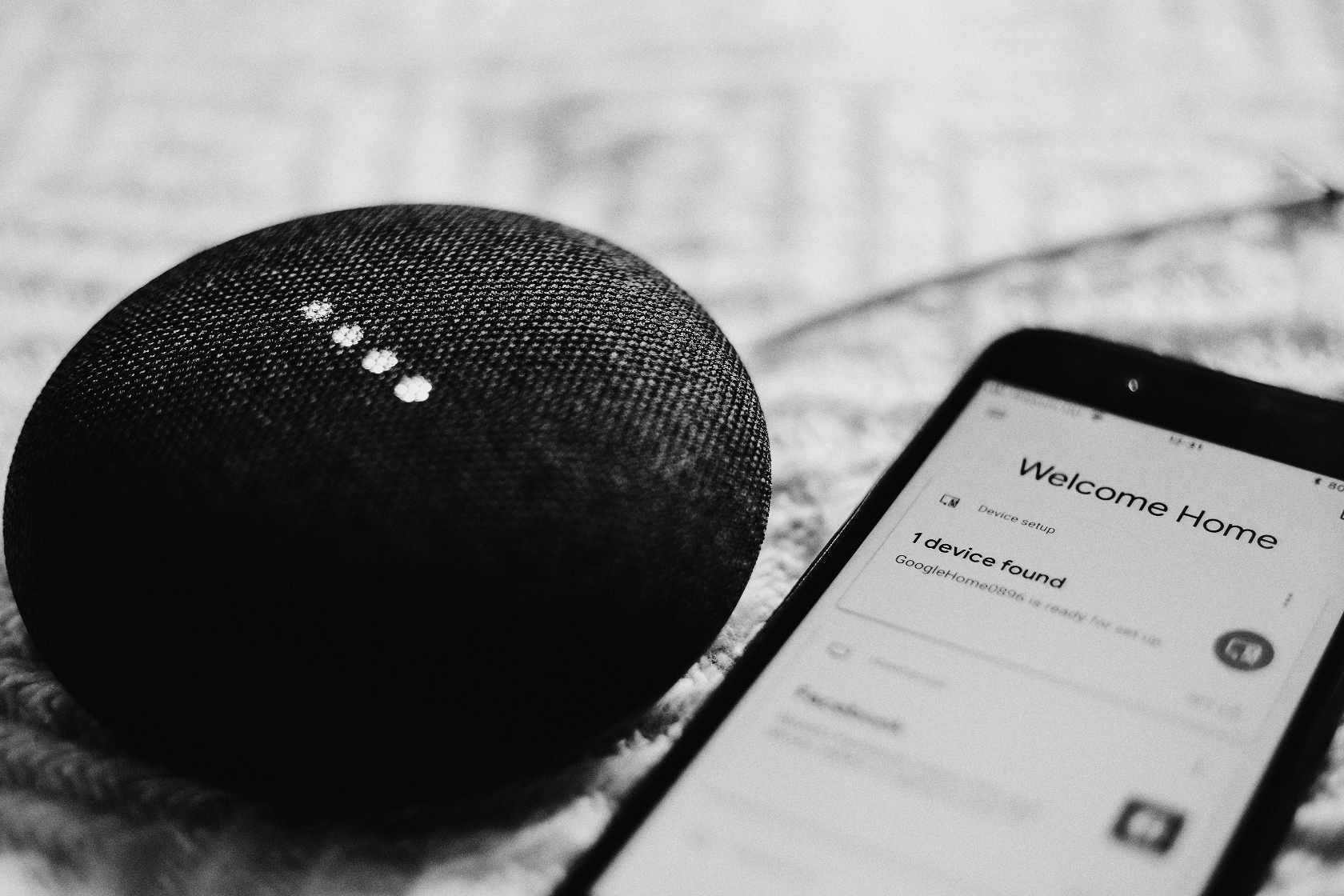Why should you start thinking about voice search as a part of your strategy?
Voice search is currently one of the hottest topics in digital marketing, yet most marketers don't fully understand its impact, how to use it strategically, or how to measure it. Despite being in the "innovators and early adopters" stage of its lifecycle, voice search is expected to represent 50% of all searches by 2020 as user behaviour continues to change. While voice search optimisations might not reach mainstream audiences just yet, marketers need to start thinking about how to integrate it into their search strategies, to avoid falling behind later.
How do we measure voice search?
As more consumers buy technology supported by virtual assistants, adoption will grow, and so will the need for measurement. Webmasters are already demanding that Google starts separating voice queries in Google Search Console to make it easier to identify optimisation opportunities. You'd wonder why Google would do that - well, results from voice searches aren't always very clear or accurate, and the adoption of virtual assistant devices will accelerate as result accuracy improves. This will very much be fuelled by artificial intelligence, but SEOs will still have their input.
How can we start optimising for voice search?
Research shows that in over 40% of voice searches, featured snippets are provided as results, meaning that brands and publishers now have a greater reason to include featured snippets within their SEO strategy. Adding a frequently asked questions page will not only help users find answers to their questions, but will also improve SEO (especially for voice search).
Digital marketers should also focus on optimising for longer-tail queries and more conversational language, rather than keywords. The importance of tagging and optimising media (e.g. videos) will grow too.
One way to stay ahead of the game is to start testing natural language queries in your higher funnel paid search campaigns, as these currently provide more data (e.g. click-through rate, conversion rate, etc.) which will allow you to evaluate overall performance better. That way you can start identifying the queries delivering the best ROI and start optimising for these in voice search. Also, it's been noted that voice searches can trigger ads, such as product listing ads (PLAs).
Looking ahead
The next few years will see the rise of voice search monetisation. Recently, Google announced Shopping Actions - a new effort which will leverage relationships with retailers by showing their products when users look to buy via Google Assistant using voice search. This aims to take on Amazon's eCommerce domination and rise of Amazon Echo, its voice-controlled personal assistant service.
Search, as we know it today, will change irreversibly - competing to get onto page one of the search engine results pages (SERPs) will be a thing of the past. The future of SEO lies in providing users with genuinely useful answers to their queries while also offering the best site usability, best service, best images, best reviews, best pricing, etc. As such, the search space is bound to get more competitive as often there'll be only one result to a question, which might not even be visual. The brands that start to 'test and learn' for voice search now will benefit in the long run, as it's not long until shopping by voice search becomes the norm.



